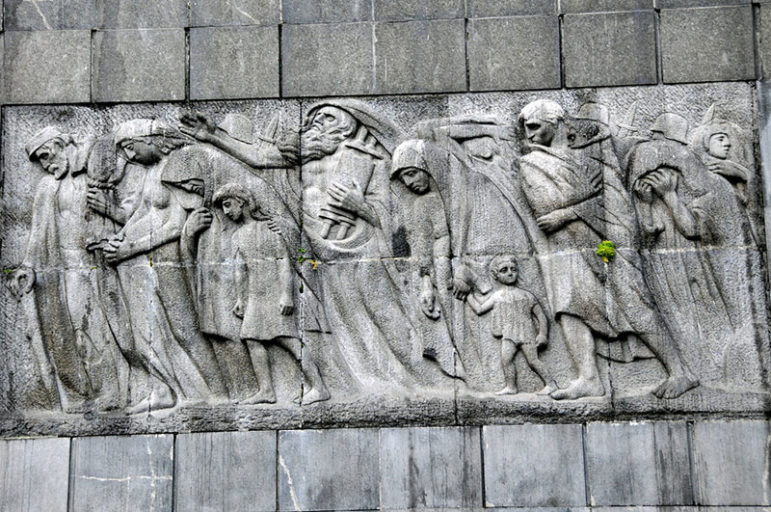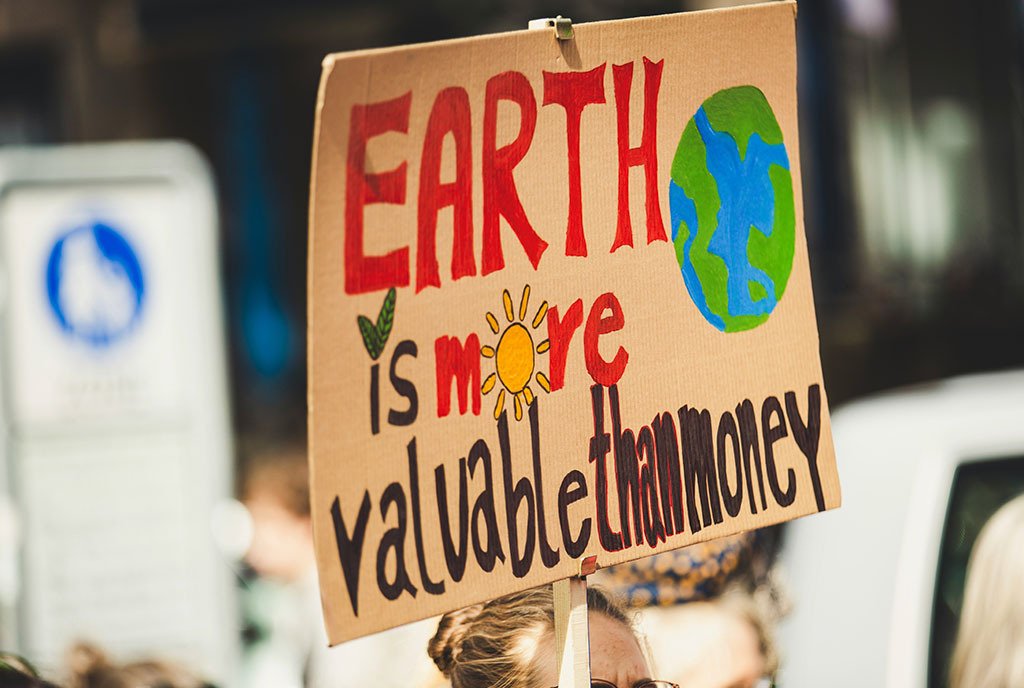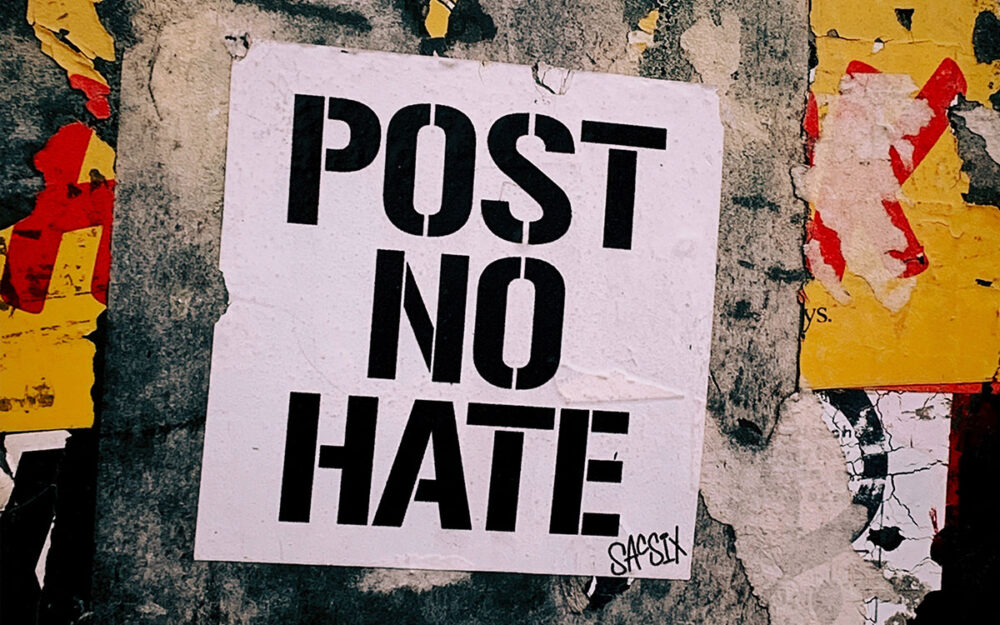
November 30, 2016; Global Government Forum
Non-governmental organizations are coming to fear potential government control of Poland’s civil society organizations. As reported by the Global Government Forum, this fear grows as the Polish prime minister, Beata Szydło (elected in October 2015), announced the introduction of a bill to create a “Civil Society Department.” Acting as an arms-length government agency, the department will be set up to oversee and centralize the public funding of charities—or, in her words, “bring order to the whole sphere of NGOs.” According to the Guardian, leaked reports indicate that the government plans to open the center in 2017.
NGOs typically rely a great deal on public funding. The Guardian reports that the news angers many Polish human rights activists, who fear the government is trying to put financial pressure on NGOs critical of Szydło and the conservative Law and Justice Party (abbreviated in Polish as PiS).
Szydło rejects accusations that the center would direct financial pressure toward silencing anyone who “embarrasses or opposes” her and the PiS party. Instead, she argues that the center’s creation is meant to address the concerns of her and her party over the “lion’s share” of public funding underscoring more liberal ideologies. Szydło argues that the department will work to curtail public funding mechanisms she sees as “subordinate to the policies of the previous ruling system” and “redress inequalities” against more conservative, pro-government NGOs. These conservative groups include Ordo Iuris, described by the Guardian as a “religious fundamentalist think tank which recently tried to push through a blanket ban on safe and legal abortions. Its chairman, Aleksander Stepkowski, was deputy foreign minister in the PiS government until August.” Meanwhile, Global Government Forum notes some of the government’s more controversial recent moves, which include merging Poland’s human rights protection team into the larger European migration department, abolishing the state council for combating racism, and halting funding for women’s rights centers.
Grzegorz Makowski, researcher at Warsaw University and head of the Stefan Batory Foundation’s Public Integrity Program, told the Global Government Forum that PiS is known to have a “particularly strained relationship with the third sector.” While details about the proposed center are still unclear, he stated concerns about the government using the center to feed more conservative NGOs. Other critics, like Krzysztof Śmiszek of the Center for Human Rights, as well as the deputy head of one of Poland’s largest national newspapers, Michał Szułdrzyński, further speculate that the center’s intended role in evaluating the civil society sector is comparable to systems in other former Soviet bloc countries like Russia and Hungary. “Since 2012, Russia has required that all NGOs that receive funding from abroad and are engaged in political activity to register as ‘foreign agents.’” NPQ has reported on similar developments in countries like China.
Sign up for our free newsletters
Subscribe to NPQ's newsletters to have our top stories delivered directly to your inbox.
By signing up, you agree to our privacy policy and terms of use, and to receive messages from NPQ and our partners.
The Global Government Forum states that according to an unnamed member of the European Economic and Social Committee (EESC), an EU body that works with organized civil society…
There is increasing evidence of the challenging circumstances in which NGOs find themselves operating in Europe. We are worried about the clear perception that in some EU countries the civic space is shrinking…Legal and extra-legal measures, such as changing the policy and financial environment, endanger civil society organizations in their existence and free action.
Ewa Kulik-Bielińska, director of the Stefan Batory foundation, told the Guardian that the PiS party was defeated in Poland’s 2007 elections “because they hadn’t realized the value of media and NGOs.” She sees them as now building “an alternative civil society” that could keep them in power. Bielińska fears that this will result in the “hijacking” of valuable grants that Poland receives from other countries in Europe, such as the Norway EEA grants. Poland is the largest recipient of this multiple millions of euros’ worth of public grant funding. The Independent also confirms strengthening ties between the UK and Poland. Theresa May and Szydło recently met in Downing Street to discuss issues that included the upcoming launch of a “British-Polish civil society forum, which will meet for the first time in Warsaw next year.” NGO figures from both countries plan on working together to build post-Brexit alliances.
Bielińska told the Guardian that the latest political developments could bring more attention to “cumbersome” mechanisms that member states experience while applying for EU funding. An activist who was imprisoned in the 1980s for her involvement in Poland’s Solidarity movement, Bielińska forewarns of the latest perceived attempts to silence NGOs. She believes that they “smell a lot like communist propaganda.” She argues that “the EU should act, or it risks that the few NGOs that we have in Poland will disappear.”—Noreen Ohlrich













